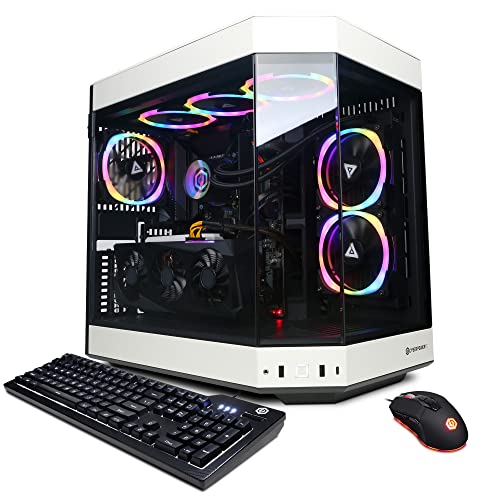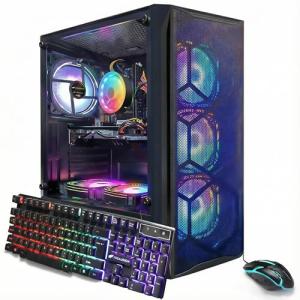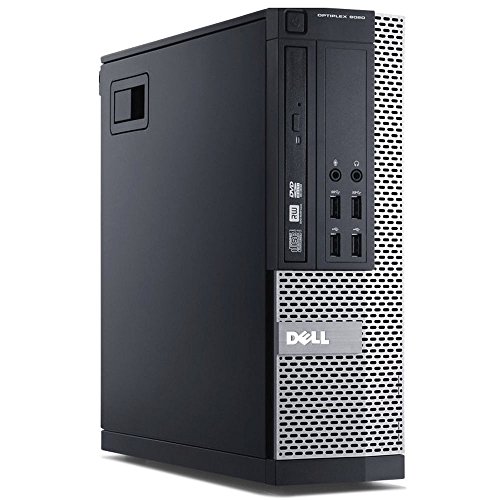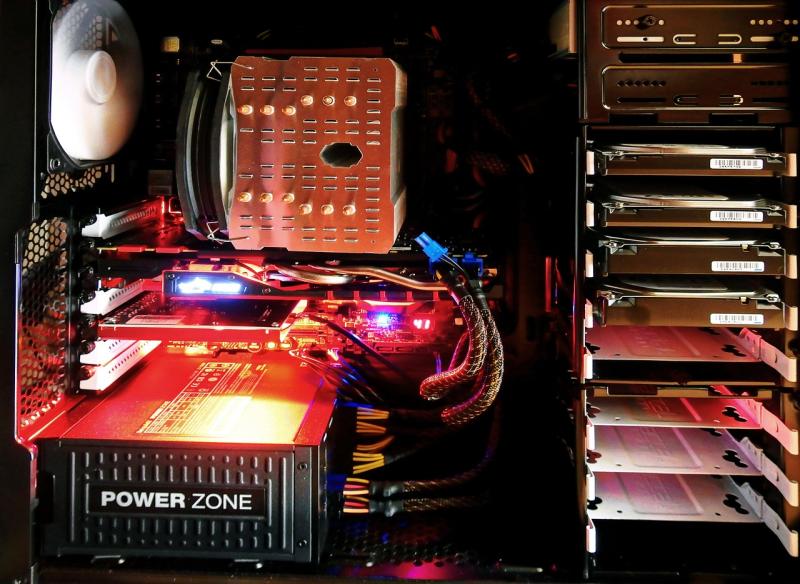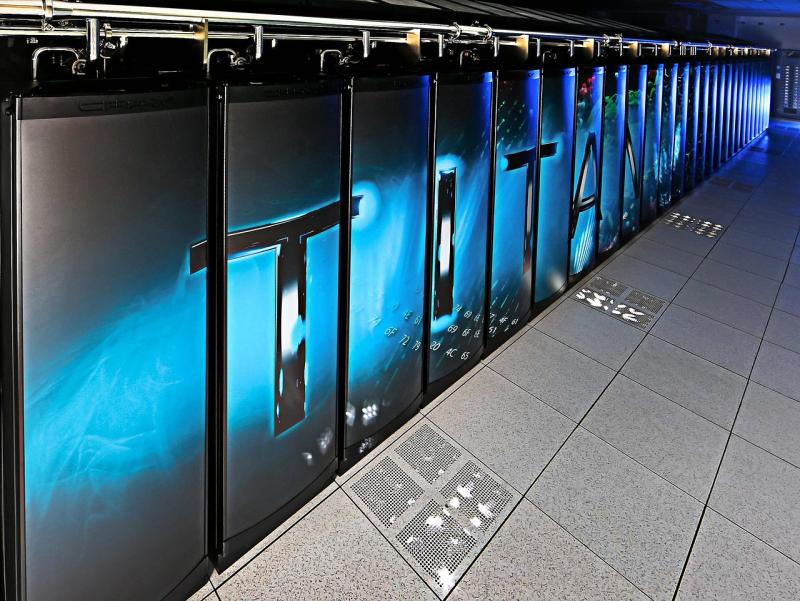**Introduction**
Quantum computing represents a paradigm shift in how data is processed, promising to unlock capabilities far beyond the reach of classical computing. While still in its infancy for commercial applications, research and early prototypes suggest that quantum computing could eventually transform PC hardware by solving complex problems exponentially faster than traditional systems. This article examines the potential impact of quantum computing on future PC architectures and the challenges and opportunities that lie ahead in merging classical and quantum paradigms.
**Technological Innovations**
- **Quantum Bits (Qubits) and Superposition:**
Qubits, unlike traditional bits, can exist in multiple states simultaneously, allowing quantum systems to process vast amounts of data in parallel.
- **Quantum Algorithms for Optimization:**
Algorithms such as Shor’s and Grover’s promise breakthroughs in complex data analysis and cryptography, potentially revolutionizing how we approach computing challenges.
- **Hybrid Classical-Quantum Systems:**
Emerging architectures propose the integration of quantum processors as co‑processors, working alongside classical CPUs and GPUs to handle specialized tasks.
- **Cryogenic Cooling and Error Correction:**
Quantum computing requires advanced cooling and error-correction mechanisms to maintain qubit coherence, technologies that may gradually influence thermal design trends in high‑performance PCs.
**Applications and Benefits**
- **Exponential Speed Increases:**
Quantum computing could dramatically accelerate tasks in cryptography, simulations, and data‑intensive applications in both gaming and professional domains.
- **Enhanced AI and Machine Learning:**
The parallel processing power of quantum systems may eventually improve the capabilities of AI, leading to smarter and more efficient computing solutions.
- **New Frontiers in Research:**
Quantum computers open up possibilities for breakthroughs in materials science, pharmaceuticals, and financial modeling, which can eventually integrate with traditional PC workloads.
- **Long-Term Competitive Advantage:**
Early adopters of hybrid quantum‑classical systems may gain significant advantages in performance and problem‑solving capabilities.
**Future Directions**
While mainstream quantum computing is still several years away, ongoing research continues to break new ground. The development of stable qubit systems, efficient error‑correction protocols, and hybrid architectures will be key areas of focus. As quantum hardware matures, its integration into everyday computing environments could redefine performance benchmarks and revolutionize traditional PC design.
**Keywords:** quantum computing, qubits, quantum algorithms, hybrid computing, quantum processors, high‑performance, future computing, quantum integration
Embracing Quantum Computing
The Potential Impact on PC Hardware
Related Articles
Essential High-Performance PC Components You Need Now
Upgrade your setup with the must-have parts for unbeatable gaming and productivity
Top Picks for Best High-Performance PCs
Find the perfect power machine for gaming, work, or creative projects
Your Guide to the Best High-Performance PCs
Find the Right PC for Your Gaming and Creative Needs
View our related products
See more
